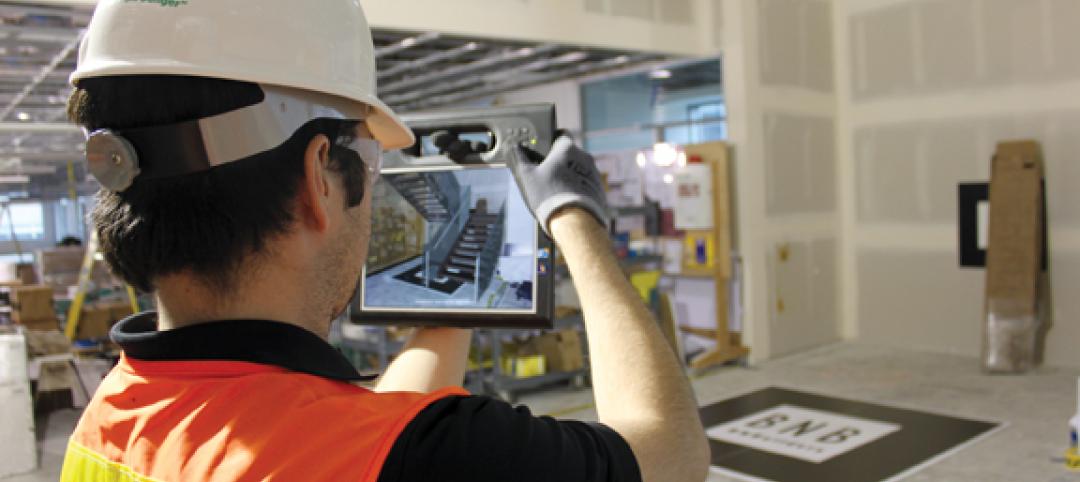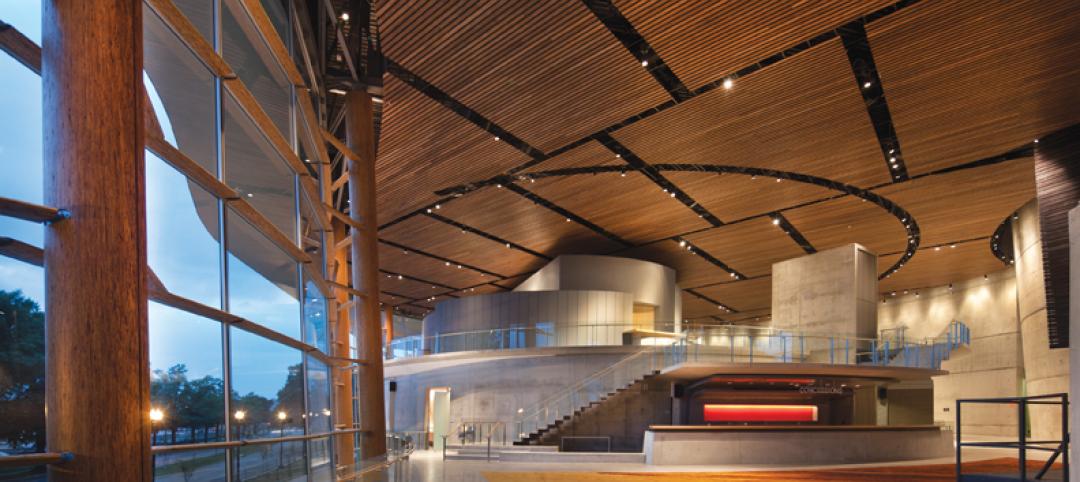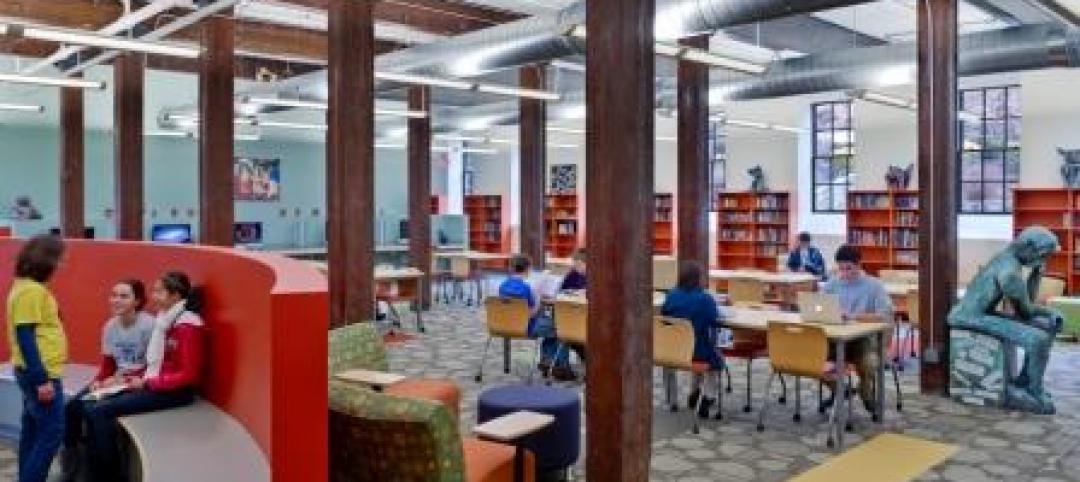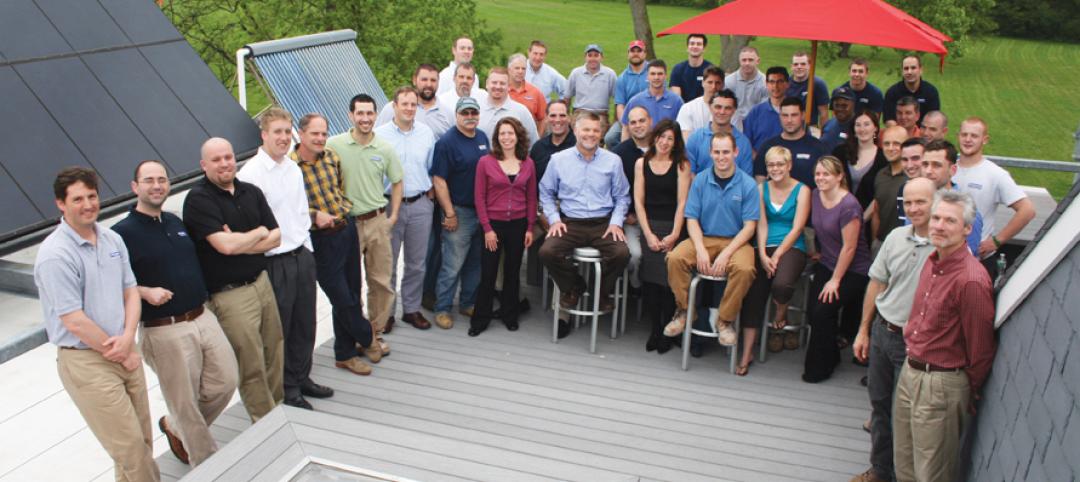“Even a dead cat will bounce if it’s dropped from a high enough altitude,” says an old Wall Street adage. Major economic signals reveal the office building industry is experiencing “a dead cat bounce.”
Sale prices for office buildings enjoyed a moderate bounce to the upside, following the financial crisis of 2007 - 2008. However, the recession and its legacy have vaporized an estimated 275 to 550 million square feet of demand for U.S. office space. While the carnage in the labor market has been slow to influence the office market, the aftershock is beginning to be felt across the country as tenants shed surplus office space.
This assessment comes from B. Alan Whitson, RPA, President of Corporate Realty, Design & Management Institute, and Chair of the Model Green Lease Task Force in a multipart series Office Buildings: The Dead Cat Bounce. In Part One of this series, Whitson zeroes in on changes in the labor market, how it affects demand for office space, and five trends to watch.
“Most pundits have been tracking ‘new unemployment claims’ as their indicator of choice,” says Whitson. “While this worked in past recessions, this time the key is the number of job openings. Before the recession, we averaged 4 million job openings a month. Since the recession ended, job openings have averaged 2.7 million a month. In contrast, layoffs are running 2.1 million a month slightly below the prerecession average of 2.3 million a month. With the economy short 1.3 million job openings every month, a major shake out in the office building market is occurring.”
Five trends to watch from Office Buildings: The Dead Cat Bounce - Part One:
1. Tenants are taking less space, signing short-term leases, and spending less on tenant improvements
2. At 17% vacancy nationwide, tenants are becoming more selective about the space and buildings they lease. Yet, landlords have the upper hand in some submarkets. Tenant that are willing to be flexible and creative can make can make great deals on great space
3. Well-informed building owners will get more creative about the product the offer – work environment vs. square feet
4. Look for an “Uber” class of office buildings to emerge, a combination of location, style, technology, and sustainability. Many 60s, 70s, and 80s era buildings have great locations, good architectural bones and maybe more competitive than some of the newer buildings given a smart upgrade to the skin, mechanical and electrical systems
5. While technology allows us to work anywhere, where we work is becoming more important
As the series moves forward, Whitson will address how these and other changes affect the design, construction, and operation of office buildings. The changing relationship between building owners and their tenants, the leases negotiated, and the types of office buildings tenants are seeking. The goal of the series is to identify the pitfalls to avoid and where to profit from the changes in the office- building marketplace. BD+C
Related Stories
| Feb 1, 2012
‘Augmented reality’ comes to the job site
A new software tool derived from virtual reality is helping Building Teams use the power of BIM models more effectively.
| Feb 1, 2012
New ways to work with wood
New products like cross-laminated timber are spurring interest in wood as a structural material.
| Feb 1, 2012
Blackney Hayes designs school for students with learning differences
The 63,500 sf building allows AIM to consolidate its previous two locations under one roof, with room to expand in the future.
| Feb 1, 2012
Two new research buildings dedicated at the University of South Carolina
The two buildings add 208,000 square feet of collaborative research space to the campus.
| Feb 1, 2012
List of Top 10 States for LEED Green Buildings released?
USGBC releases list of top U.S. states for LEED-certified projects in 2011.
| Feb 1, 2012
ULI and Greenprint Foundation create ULI Greenprint Center for Building Performance
Member-to-member information exchange measures energy use, carbon footprint of commercial portfolios.
| Feb 1, 2012
AEC mergers and acquisitions up in 2011, expected to surge in 2012
Morrissey Goodale tracked 171 domestic M&A deals, representing a 12.5% increase over 2010 and a return to levels not seen since 2007.
| Jan 31, 2012
AIA CONTINUING EDUCATION: Reroofing primer, in-depth advice from the experts
Earn 1.0 AIA/CES learning units by studying this article and successfully completing the online exam.
| Jan 31, 2012
28th Annual Reconstruction Awards: Modern day reconstruction plays out
A savvy Building Team reconstructs a Boston landmark into a multiuse masterpiece for Suffolk University.
| Jan 31, 2012
Chapman Construction/Design: ‘Sustainability is part of everything we do’
Chapman Construction/Design builds a working culture around sustainability—for its clients, and for its employees.

















